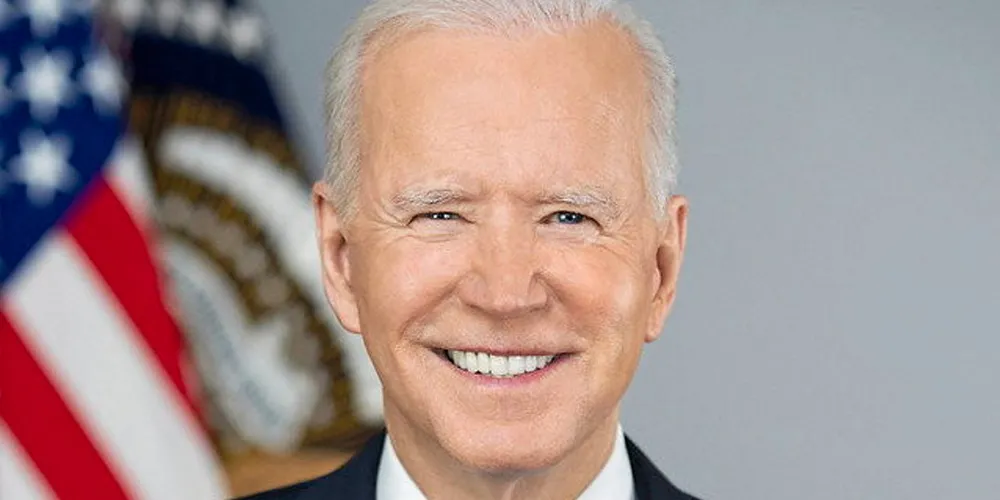'Single biggest obstacle' | Clean energy groups join chorus for federal permitting reform
Renewables join fossil fuel counterparts and more than 90 other national business groups in calling for 'meaningful, durable' reform legislation from Congress by summer

US national clean energy groups have joined their fossil fuel counterparts and a broad coalition of business associations in calling on Congress to enact “meaningful, durable legislation” to modernise federal permitting processes before the end of the summer.
“Today, the single biggest obstacle to building the infrastructure of the future is a broken permitting system,” the 96 national entities wrote in a letter to all members of Congress that was co-signed by numerous state-level business groups. “But America cannot accomplish any of this if the outdated, inefficient, and unpredictable permitting process is not improved.”
Clean energy groups signing the letter were the American Clean Power Association, American Council on Renewable Energy, Clean Energy Buyers Association, and Solar Energy Industries Association.
Prominent fossil fuel groups included American Gas Association, American Petroleum Institute, Independent Petroleum Association of America, and USLNG Association.
Leading associations supporting clean energy development included Business Roundtable, Edison Electric Institute, National Mining Association, National Ocean Industries Association, and US Chamber of Commerce.
“Public and private infrastructure projects will improve our economy and the lives of millions of Americans,” they wrote, citing the need for investment in energy production, transmission, and distribution projects that promise to improve “energy reliability and reduce emissions.”
“And we can strengthen our national security by expanding domestic production of critical technologies and the raw materials they require,” they added. The letter also specifically cites the need for investment in broadband, highway, port, transit, and drinking water infrastructure.
As a starting point for permitting reform, the signatories wrote they are united on the following principles: efficiency, predictability, stakeholder input, and transparency.
Efficiency means improved federal inter-agency coordination to “optimise public and private resources while driving better environmental and community outcomes”.
They wrote that project developers and financiers must have an appropriate level of certainty regarding the scope and timeline for project reviews, including any related judicial review.
To ensure transparency, project sponsors and the public must have visibility into project permitting milestones and schedules “through an easily accessible public means.”
Lastly, they wrote that all relevant stakeholders must be adequately informed and have the opportunity to “provide input within a reasonable and consistent timeframe”.
The signatories acknowledged this effort “won’t be easy,” but must be pursued to take full advantage of the “once-in-a-generation investment opportunities before us”.
President Joe Biden has said he supports new permitting legislation but has been vague on what, if any, significant steps his administration will accept to accelerate reviews.
Biden’s Democrats, who control the Senate, are divided with centrists generally supportive of substantive reforms, while the party’s influential left wing opposes any overhaul that facilitates construction of gas pipelines, oil refineries, and new mines in most cases.
They are also resistant to a re-write and/or major updating of language in the 1970 National Environmental Policy Act (NEPA), the nation’s bedrock environmental law which they consider sacrosanct. Some leading environmental groups and their key financial backers, many of whom are influential in the Democratic Party, also are adverse.
In contrast, opposition Republicans are calling for meaningful enforcement mechanisms and/or hard deadlines for federal agencies to act faster on permitting approvals.